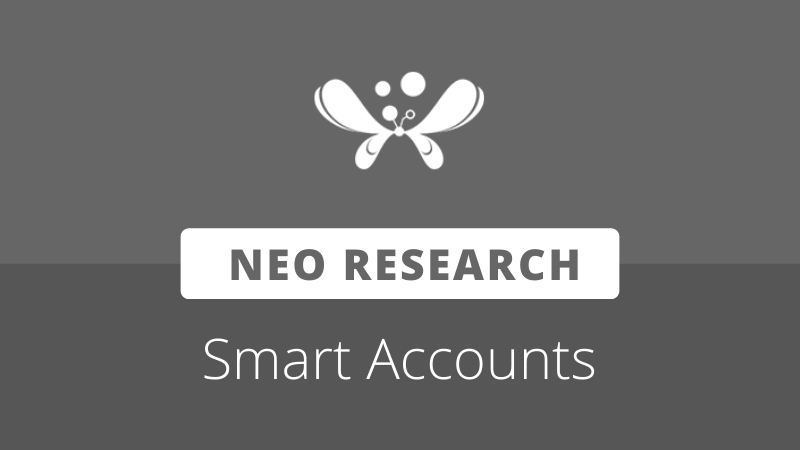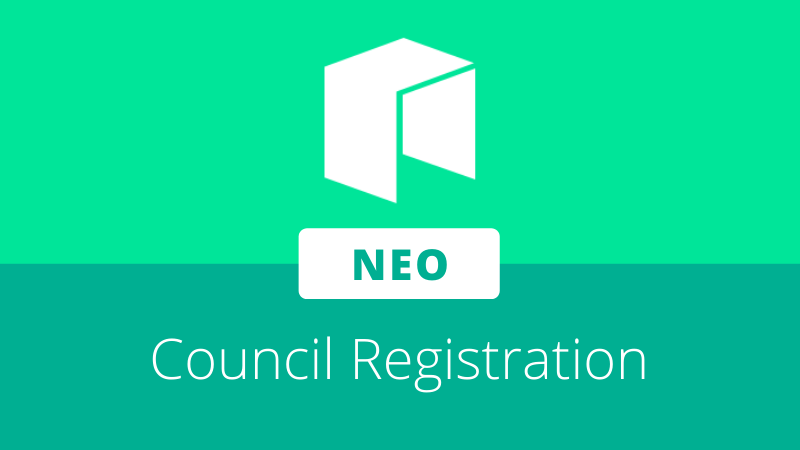
NeoResearch has developed a smart account composer for the Neo blockchain, designed to be used in smart city governance processes. The SMart ACcount COmposer, or SMACCO, is a new mechanism for automatically creating smart accounts and using digital identities for voting on citywide issues.
In a recent MDPI academic publication, the smart account system was described as a tool for managing digital assets, while using digital democracy, blockchain, and digital identities for governance processes. The NeoResearch team iterated smart accounts can be used for voting on local jurisdiction matters such as funding public projects, funding candidate campaigns, and other public matters.
Smart cities are urban areas that use different types of electronic methods and sensors to collect data (i.e., energy use, mobility patterns) used to improve operations across the city. NeoResearch examined the implementation of how cities have used e-governance in recent decades, and how to improve upon engagement methods in smart cities.
In the article, the authors identified several areas in which governance has shifted into virtual settings. Examples included Minnesota enacting e-democracy in 1994 and the UK establishing an online directory of candidates in 2003. Further, during the quarantines associated with COVID-19, the Supreme Court of Brazil began to conduct virtual meetings to process its judgments and decisions.
Smart cities and their use of e-governance are the inspiration for porting a service to Neo that can enable virtual democracy. Identifying a trend, NeoResearch set out to develop a tool that allows the general public to generate smart accounts based on different features. Examples of blockchain-based features include public/private key validation, MultiSig, time lock, and asset-specific behavior.
These features are used in conjunction with smart accounts created with frameworks introduced in the MDPI publication and JSON as a programming language for asset management. The paper also emphasized how SMACCO was designed to utilize digital identity, blockchain, and smart accounts for voting. In the MDPI publication, the authors used an example of funding a local project.
In addition, if we add voting features to the aforementioned smart account, we could introduce a system in which voting can happen in order to enable flow funds of an economic proposal. The idea is that an election would be a selection of projects, and voting would automatically enable this flow of money. The system should not just register each step of the decision, but also attach the value to each decision.
Alongside the development of SMACCO, NeoResearch has also included smart asset templates for time locking funds, charity donations, and more. Ultimately, NeoResearch hopes SMACCO enables cutting-edge technological concepts to support modern democracy in smart cities.
Looking forward, NeoResearch states, “We plan to conduct a case of study using the system presented here, trying to apply it on a small scale scenario, such as for managing condominium decisions, and assets of its association, of an urban residential building.”
The full publication can be found at the link below:
https://www.mdpi.com/2624-6511/4/2/45/htm#B2-smartcities-04-00045







About The Author: Dylan Grabowski
Dylan is a reformed urban planner with a passion for covering the Neo ecosystem. His objective as a writer for Neo News Today is to report news in an objective, fact-based, non-sensational manner. When not behind a computer screen, he can be found in the mountains rock climbing. Find Dylan on Twitter (@GrabowskiDylan).
More posts by Dylan Grabowski